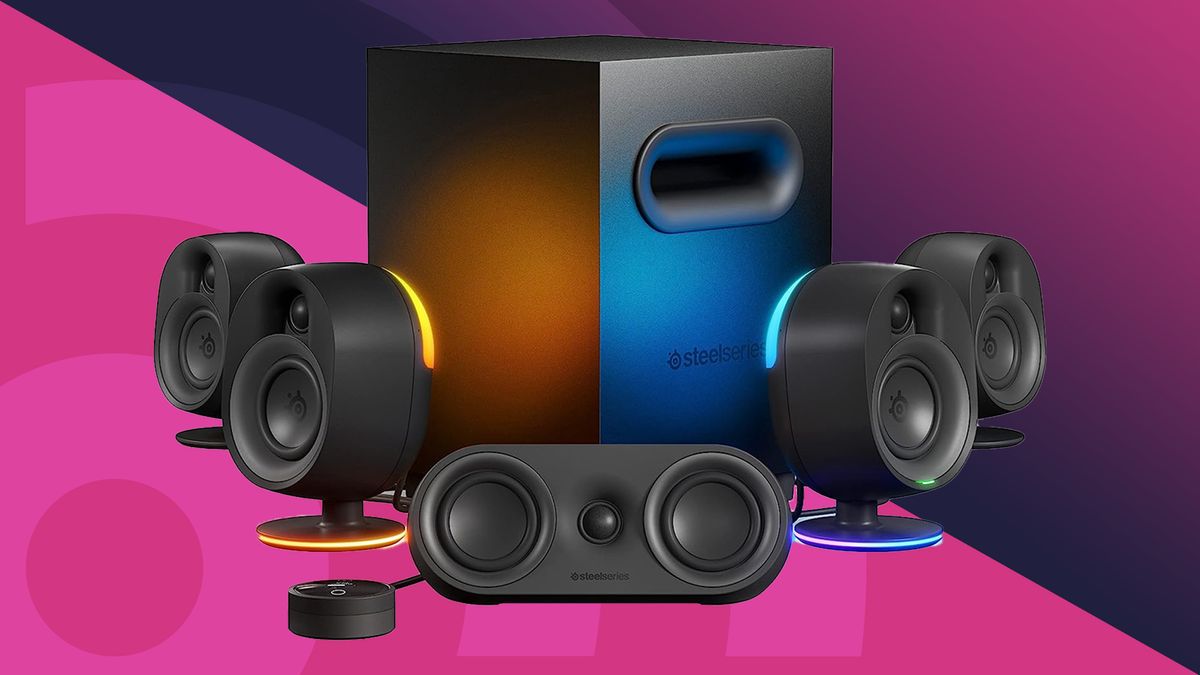For numerous persons, audio feels like a section of our unconscious. It is continually playing in the qualifications, irrespective of whether we’re at a espresso shop, in the elevator, working from dwelling, or even just strolling down the road. Every single calendar year, Spotify tells us how several minutes we have expended listening to songs. I invested 53,402 minutes in 2021—17 hrs a week—which is considerably a lot more time than I’ve put in undertaking most other matters. In 2017, Nielsen estimated that People devote over 32 hrs a week on common listening to audio. It is no shock that we have these a strong memory for audio and can conveniently recall lyrics and melodies, even if we haven’t heard them in a long time.
In March, a new Wordle spinoff identified as Heardle launched. It checks musical memory by asking people to recognize a music immediately after hearing only a single next of it, and for each and every wrong guess, extends the track by one particular 2nd. I was thrilled to have a spot to use my musical know-how, and I’m not the only a single. Tens of millions of players have used Heardle to identify preferred and nostalgic tunes from unique generations, from the Fugees to Spice Girls to Adele.
The reputation of Heardle faucets into an fascinating section of human psychology: how deeply we retailer new music in memory and how conveniently we can remember it. “There is an method known as the gating paradigm [which is] extremely very similar to the Heardle app,” suggests Dr. Kelly Jakubowski, assistant professor of new music psychology at Durham College in the U.K. “You present just one note [and then two, and then three to] see how long it takes people today to detect a piece of songs, so I believe that it’s rather funny that they’ve sort of tapped on that [with Heardle].”
Manyof us can hear new music in our minds, which is termed obtaining musical or auditory imagery. “This can occur voluntarily or intentionally, so if I [ask you to] believe of the song ‘Happy Birthday,’ you can most likely listen to it playing in your brain proper now, but it can also materialize involuntarily. That is what we phone an earworm, when we get a tune that pops into intellect with out you actually hoping to recall any audio,” Jakubowski claims. It’s pretty popular to have a song caught in your head—“around 90% of people today say they have an earworm at minimum as soon as a 7 days and around ⅓ of men and women say they have an earworm at the very least at the time a working day,” she notes. As you could possibly consider, people today who hear to or interact with new music a lot more commonly are inclined to experience extra earworms. The much more we listen to music, the extra it spontaneously comes to thoughts.
Apps like Heardle are fulfilling to enjoy because “when we perceive or think about tunes that’s very significant to us, we get activation in what we phone the reward facilities of our brain,” Jakubowski suggests. Listening to audio releases dopamine in the brain, with our dopamine concentrations expanding by up to 9% when listening to songs we delight in. That’s one cause why music has become so intertwined with how we specific and convenience ourselves.
“Music is inherently certain up with personal identity, and so [when people can] discover pieces of audio without a ton of info, it’s generally new music from their youth [which can trigger] what we get in touch with the reminiscence bump in autobiographical memory,” Jakubowski states. “Older adults have a seriously great memory for sure music from their youth because they listened to that identical report above and above … It can deliver back your recollections from that time period of time when you were being having these self-defining experiences.”
Listening to nostalgic pop tunes on Heardle can also have an emotional affect, for the reason that audio triggers psychological responses. “Even if you are just identifying a piece of music dependent on the first next of it, you have this musical imagery working experience [that] likely triggers the memory of that full piece of tunes, and then you have the feelings coming again related with it,” Jakubowski suggests. “Musical imagery can elicit the very same emotional responses as in fact listening to a piece of new music.”
When we pay attention to a track, we don’t just keep in mind the audio and lyrics—we also have an understanding of the feelings that are staying conveyed. “Orienting your self towards the emotional concept basically assists you recall the actual music superior,” says Dr. Andrea Halpern, professor of psychology at Bucknell University in Pennsylvania.
In a 2010 analyze published in Tunes Notion, Halpern and colleagues experienced musicians listen to the initially moment of familiar classical parts and history their judgments of the feelings they ended up hearing in the audio as a result of their valence and arousal. Then, the individuals did the experiment once more while just imagining the initially minute of these tunes participating in in their minds. “The overlap in their profiles was astonishing, which means that they were carrying out this challenging piece in genuine time and extracting the identical emotions,” Halpern states. The musicians were in a position to map the feelings expressed in the audio even when it was taking part in in their heads and picture the audio so vividly that their scores have been pretty much identical.
This reveals that we can quite precisely recreate some features of music in our minds. “Imagining songs is truly a pretty very similar practical experience to perceiving music,” Jakubowski suggests. “There [are] incredibly robust parallels in conditions of the mind activation you see when you picture tunes versus when you understand new music.”
Our memory for tunes could not be excellent, but it is even now quite outstanding. In a 2015 analyze printed in Memory and Cognition, Jakubowski, Halpern, and colleagues tracked the precision of our involuntary musical imagery to see how near our psychological representations had been in comparison to the genuine new music. Individuals wore wristwatch accelerometers and, each time they experienced a track stuck in their head, tapped together to history the beat of the track. “We uncovered that these members, the extensive bulk of which were non-musicians, experienced rather accurate remember of musical tempo in just involuntary musical imagery,” Jakubowski claims. “[59%] of the earworms have been in just 10% of the primary recorded tempo [which suggests that] even when folks who never have a good deal of formal training in new music are spontaneously pondering of songs in their day-to-day life … it will come to thoughts rather properly, at the very least in conditions of tempo.”
Even if you aren’t a musician, you can continue to have an intuitive comprehension of songs from how usually you encounter it. “We never always go through our preferred e-book or observe our favourite movie as lots of situations as we hear to our favored songs,” Jakubowski claims. “Even non-musicians have actually accurate musical memory. It’s not that they are deliberately hoping to memorize the piece of music, they’re just having uncovered so considerably that they turn into musical industry experts in a distinctive kind of way just simply because of this incidental exposure to new music [that’s] genuinely distinguished in our entire world today.”
Folks often marvel why we are likely to bear in mind tunes and lyrics far more very easily than our own memories, where we held our keys, and what we discovered in college. It would seem to be simply because of how generally we experience new music, in the earth or in our minds, and the joy and emotional link it delivers us. Tunes represents who we are and how we really feel, so of system it is what we try to remember.
Additional Must-Examine Stories From TIME







More Stories
YouTube Songs tends to make its way to the Garmin app retailer
TikTok strikes deal with Adobe to bring its Commercial Music Library to AI content creation app Adobe Express
YouTube Music’s no cost strategy is about to get a large amount less practical in Canada